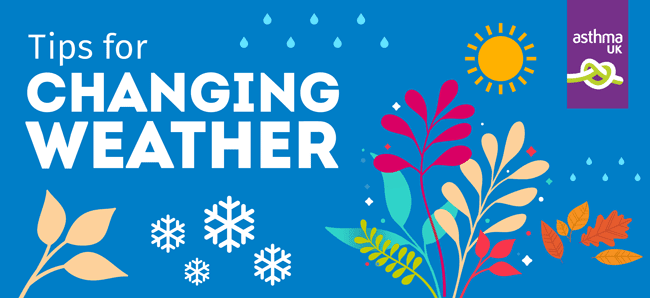From ‘Asthma UK’

Now that January’s out of the way, we can all start looking forward to better weather and longer days. But with spring around the corner, it’s important to be aware of some of the asthma triggers caused by pollen.
Lots of people with asthma are allergic to tree pollen, meaning they’re at greater risk of symptoms being triggered and of having an asthma attack. And with several trees reaching their pollen peak in February or March (such as hazel, yew and elm), it’s important to do what you can now, to make sure you’re ready for tree pollen season:
- If you regularly get hay fever and take antihistamines, start taking them up to four weeks before you usually get symptoms. This means that when the particular pollen type that triggers you starts being released, the medicine has already built up in your bloodstream, meaning you may be less likely to react.
- A steroid nasal spray can take two weeks to start working, so try to start using it before your personal pollen trigger is released.

Not sure which type of pollen sets off your symptoms? Take a look at our pollen calendar, to find out when different types of pollen are released.
I hope this is useful, and have a lovely rest of your weekend.
Best wishes.
Jessica Kirby
Head of Health Advice
P.S. While we’re coming to the end of winter, February can often be a cold month, so it’s important to remember some tips for staying well in cold weather. Read more about winter asthma triggers on our website.

